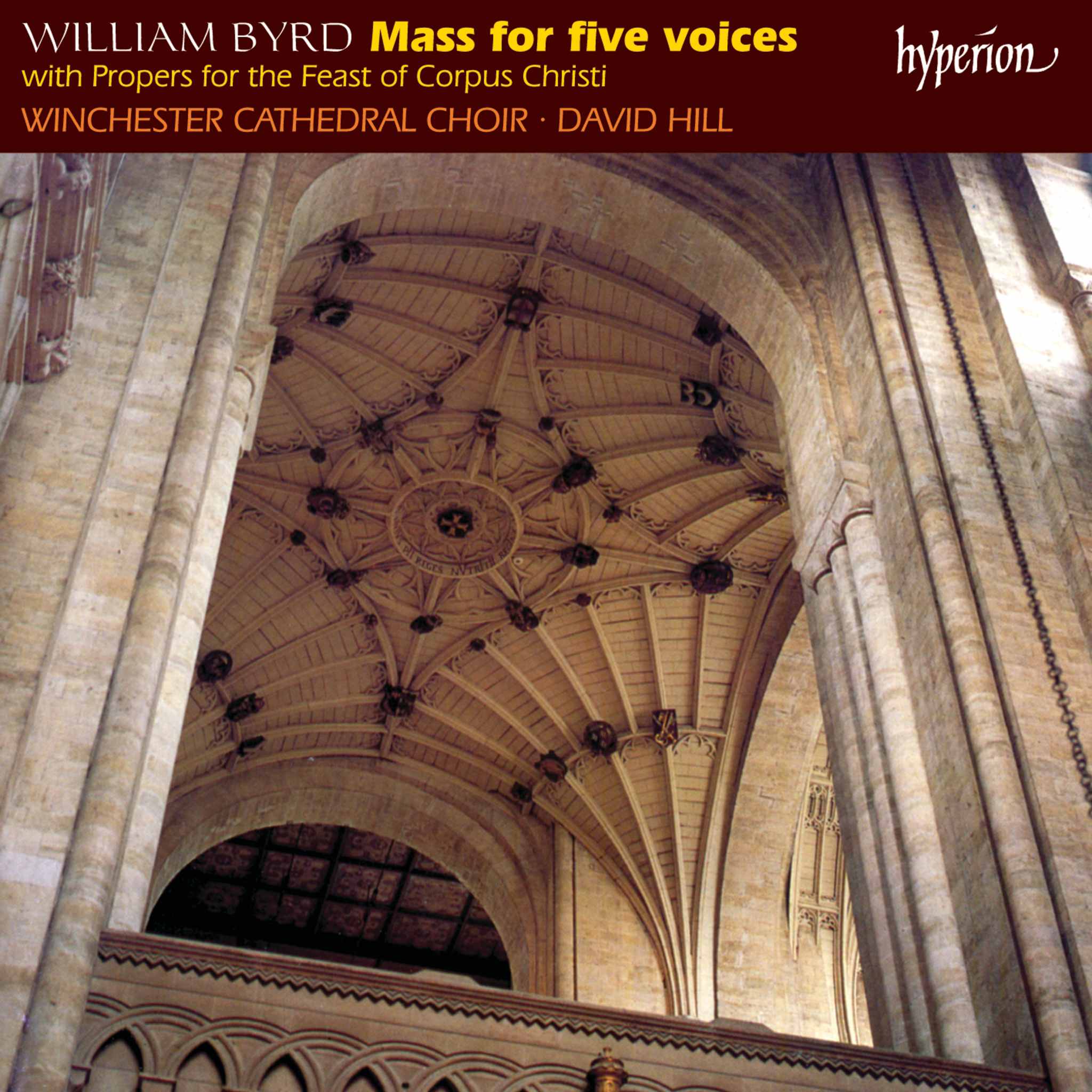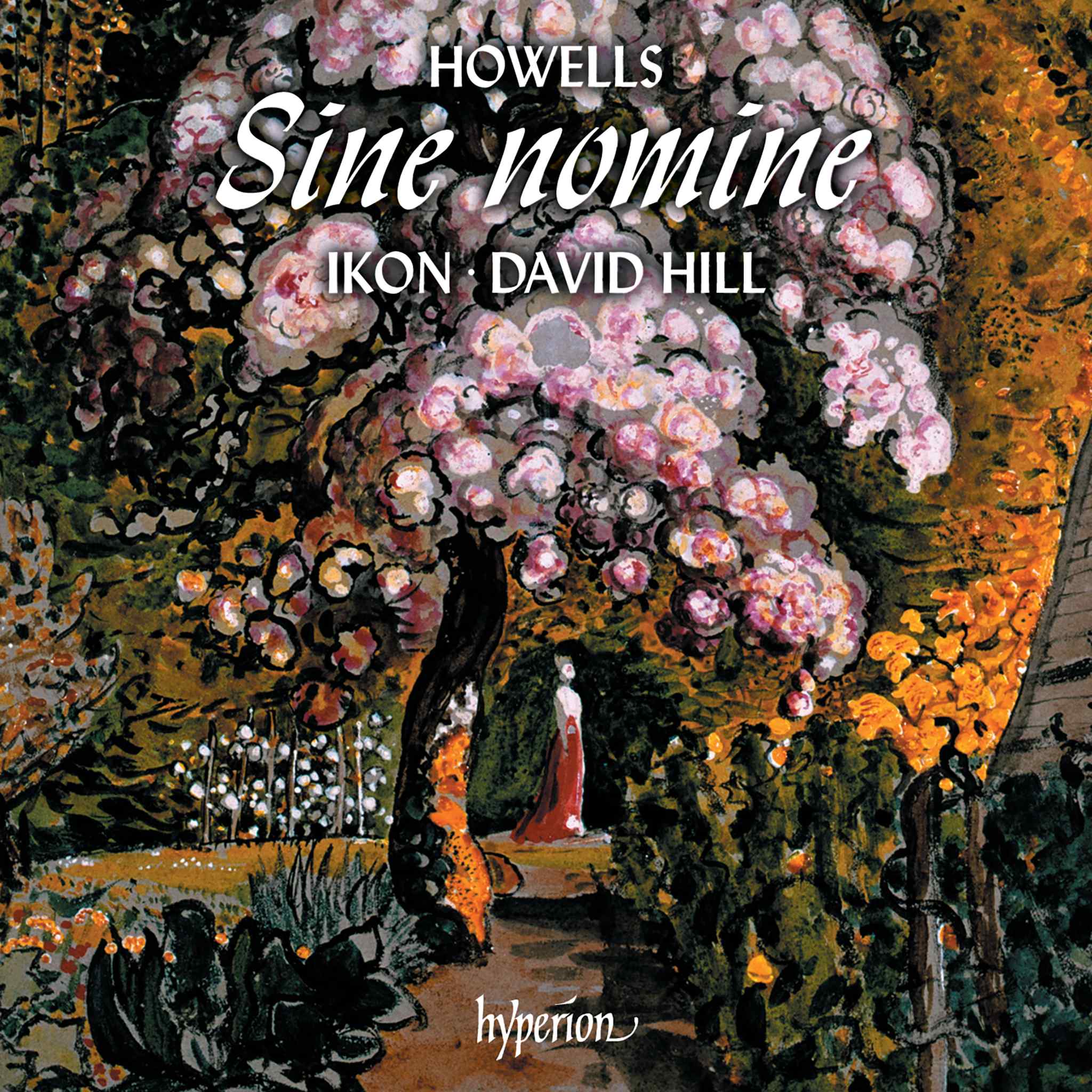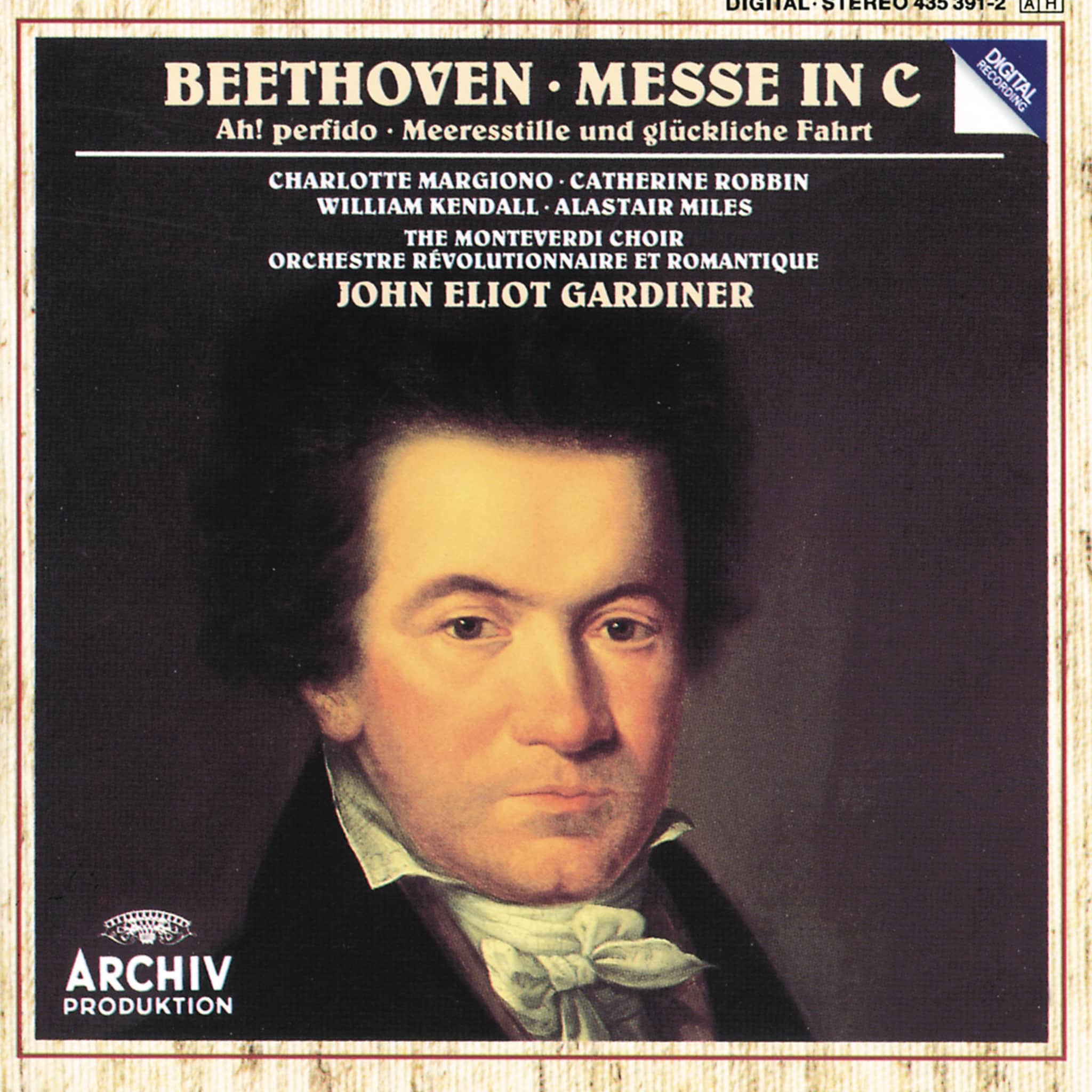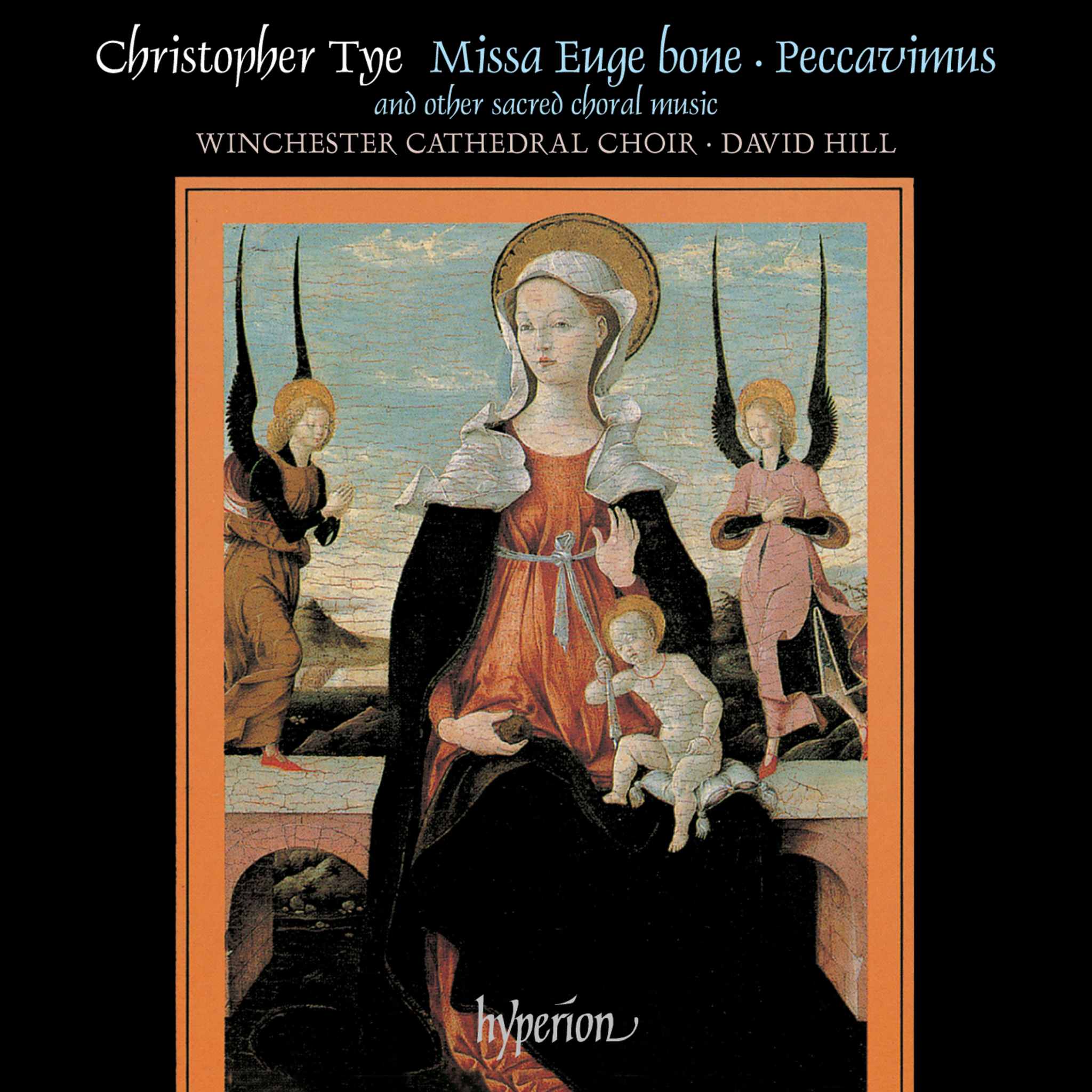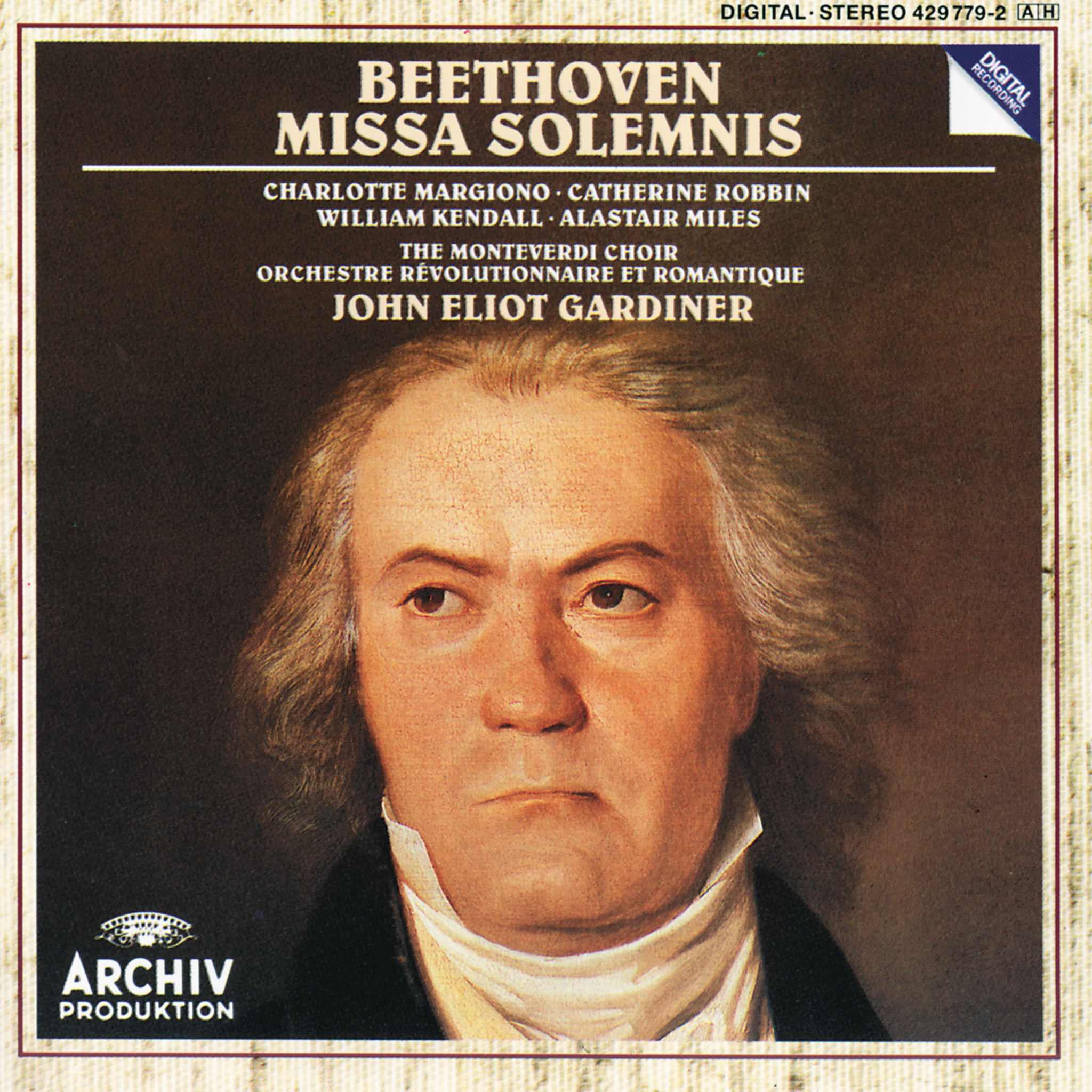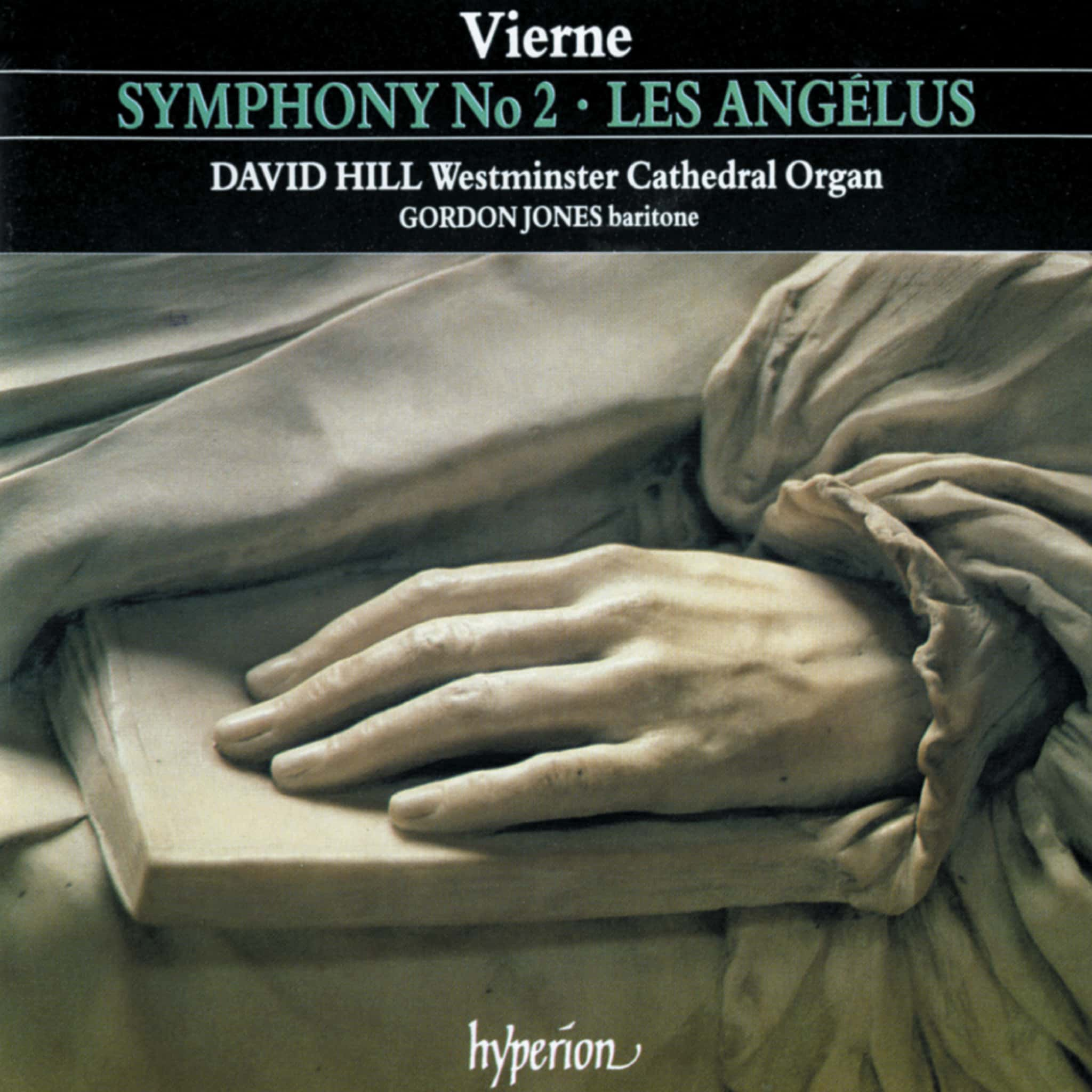William Byrd (c. 1540 – July 4, 1623) is considered one of the most outstanding composers of the Renaissance in England. His musical significance can hardly be overstated. As an Englishman of Shakespeare's time, he created remarkable works for all the instruments available at the time, with the exception of the lute.
Although born into a Protestant family, Byrd converted to Catholicism in the 1570s. During the reign of Queen Elizabeth I, when Catholicism was officially outlawed, he nevertheless composed Catholic sacred music. Despite the religious tensions, he enjoyed high esteem among English musicians and was referred to as the "Father of Music" and the "Parens of Brittanicae Musicae."
Byrd's influence extended to various musical genres. He wrote both sacred and secular polyphony, keyboard music in the virginalist style, and consort music. His compositions for virginal and organ elevated the English keyboard style to new heights and paved the way for the achievements of other English composers such as John Bull, Giles Farnaby, and Orlando Gibbons.
He also played a crucial role in music for viola consort and pioneered the development of the freely composed fantasia. His secular vocal music, however, remained comparatively conservative, with him frequently composing for the traditional medium of solo voice accompanied by a viola consort.
Byrd is often considered, along with John Dunstaple and Henry Purcell, one of the most important English composers of early music. His profound musical knowledge and distinctive style make him one of the most influential figures in English music history.

